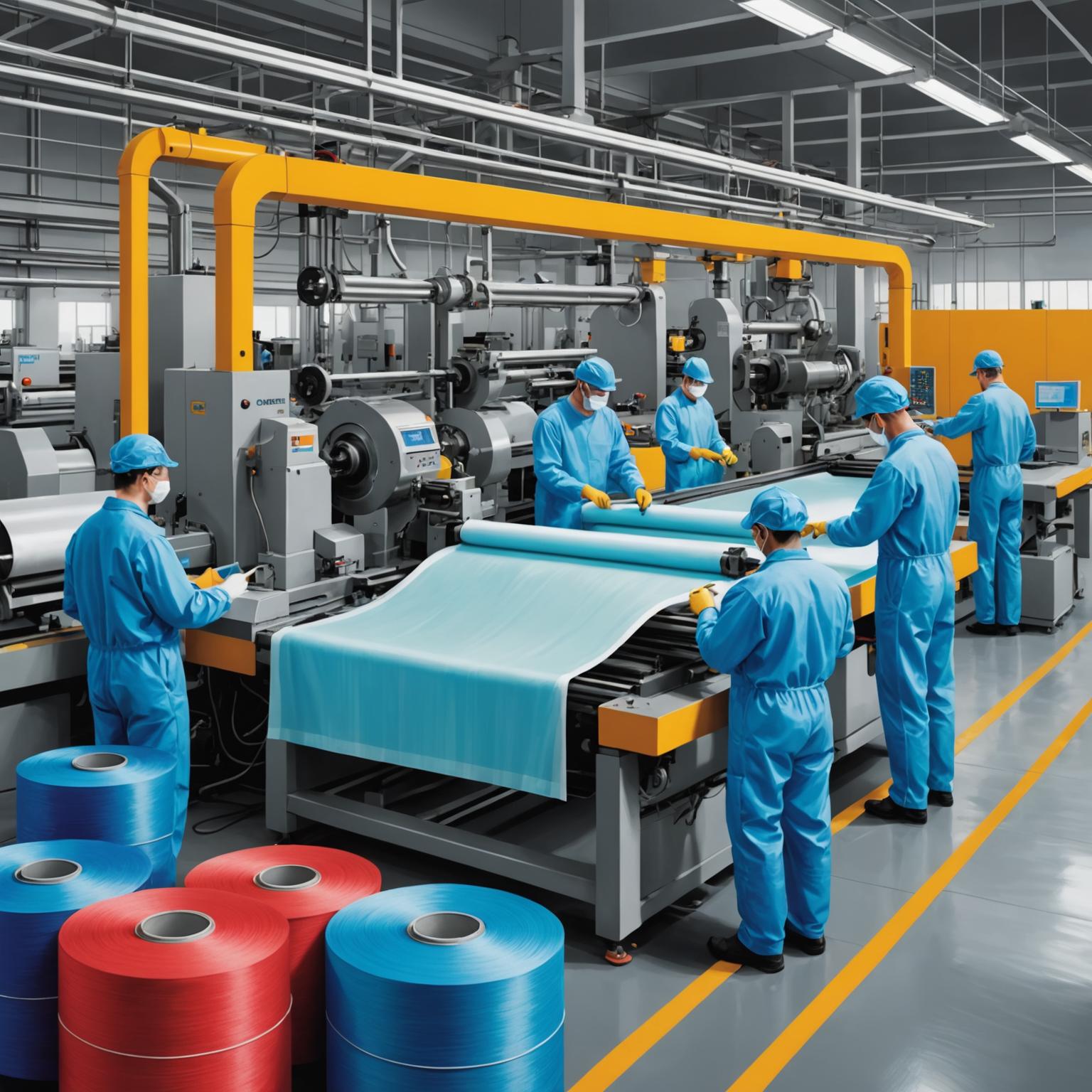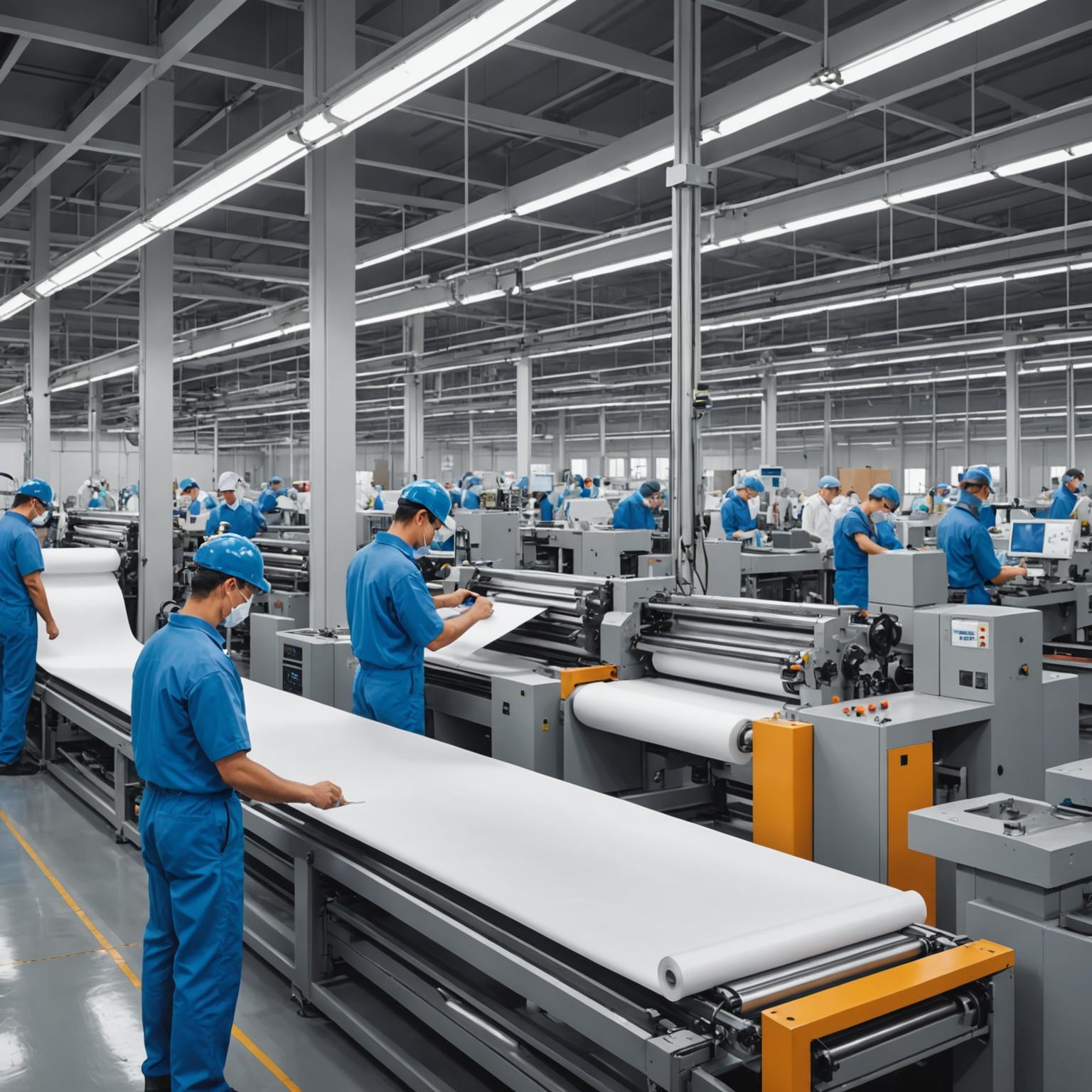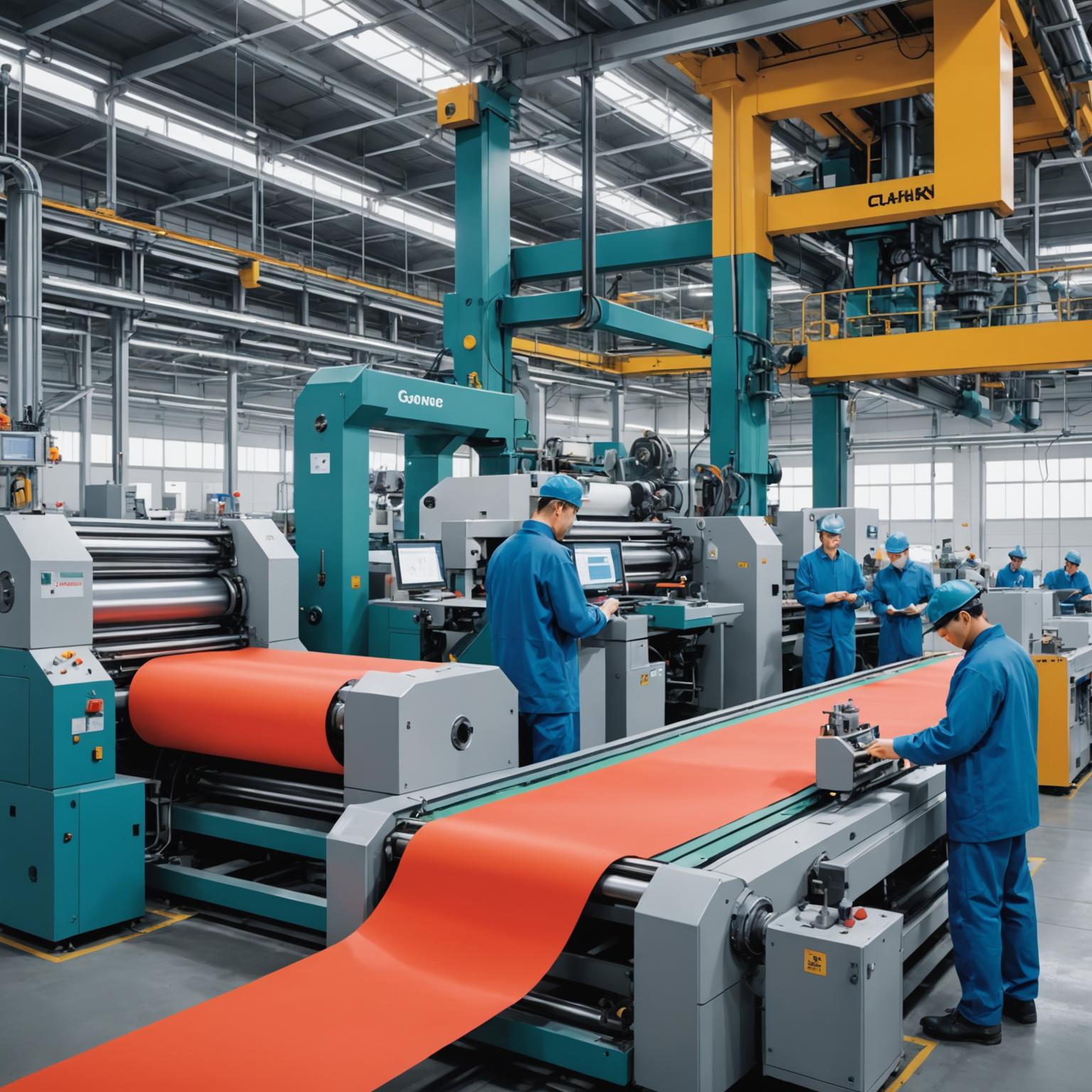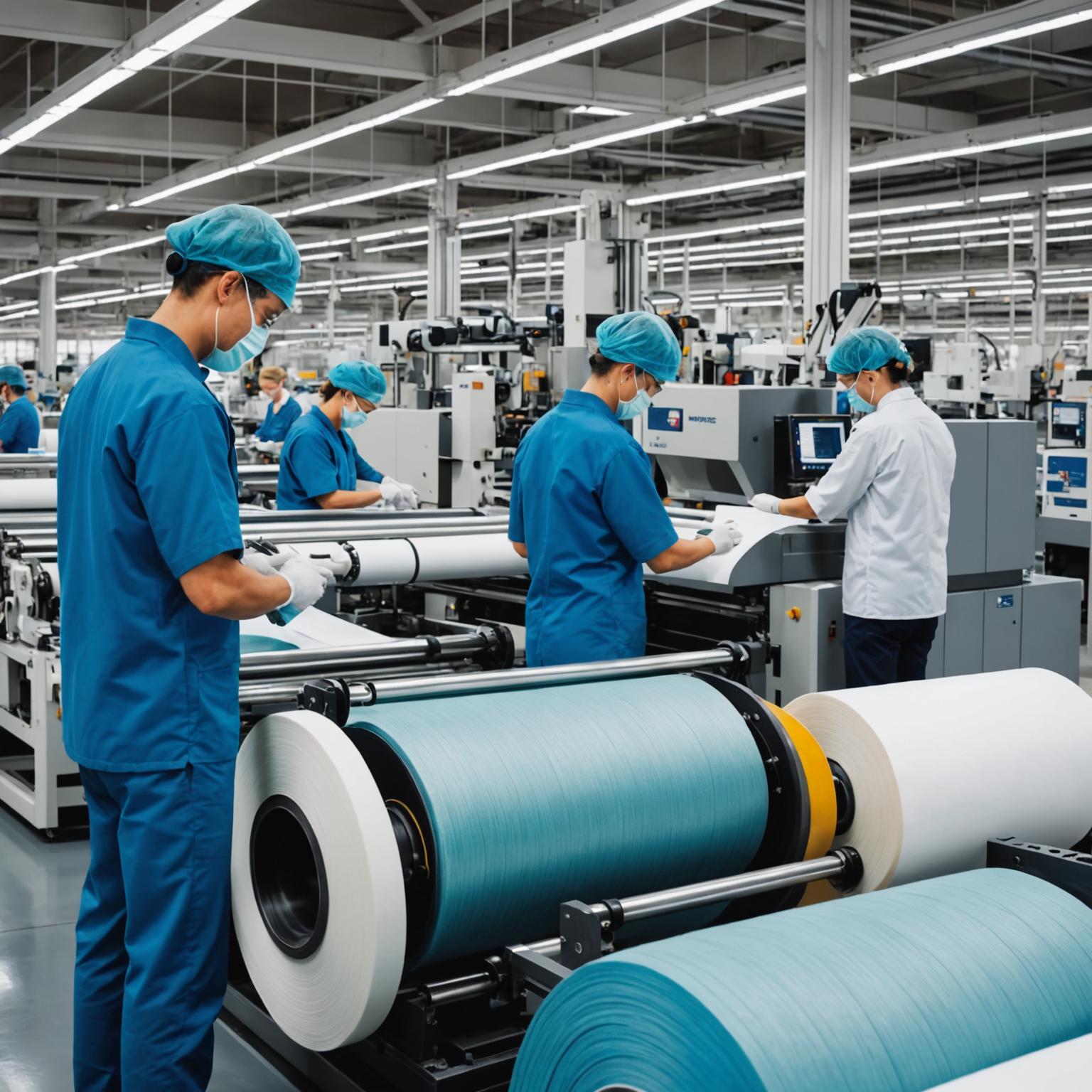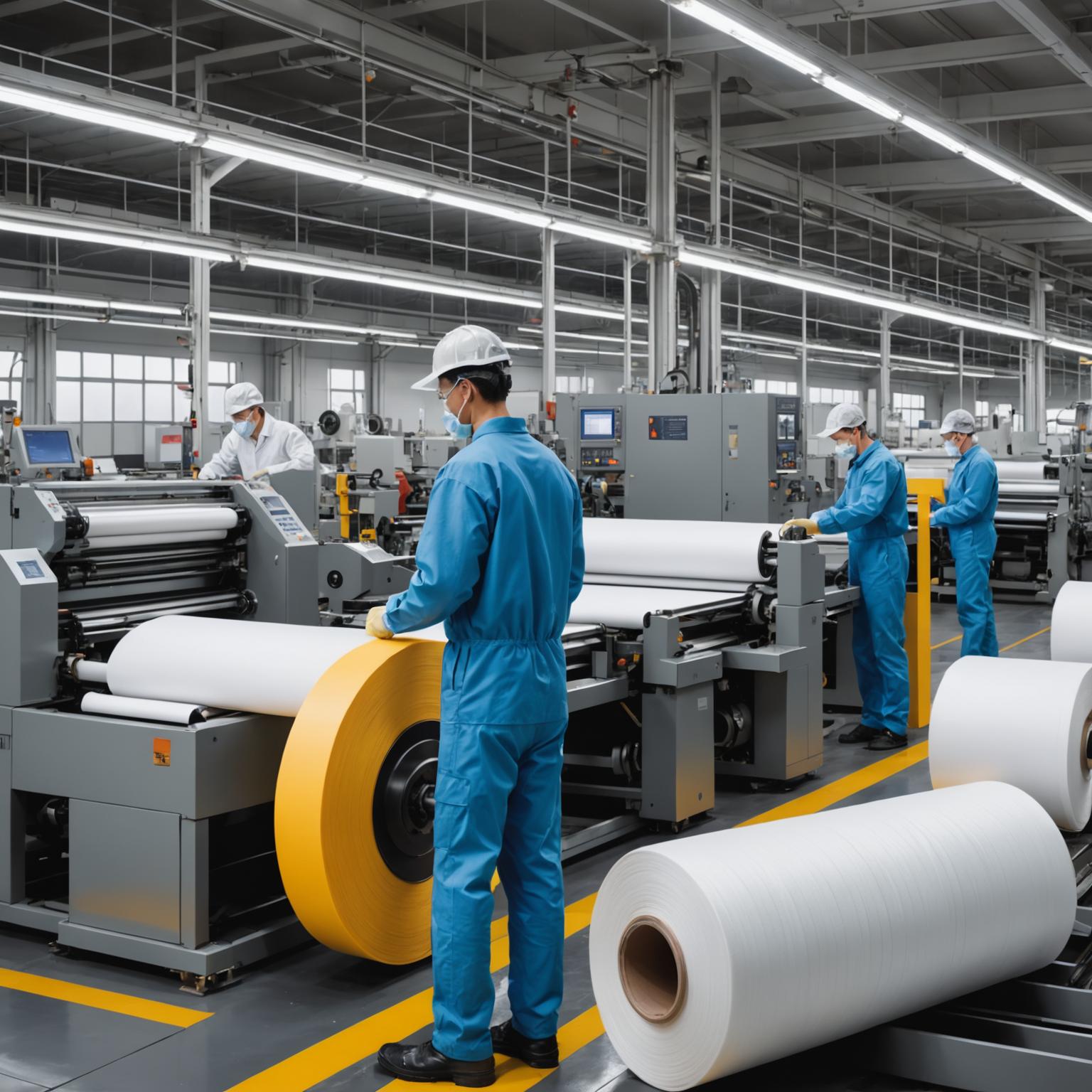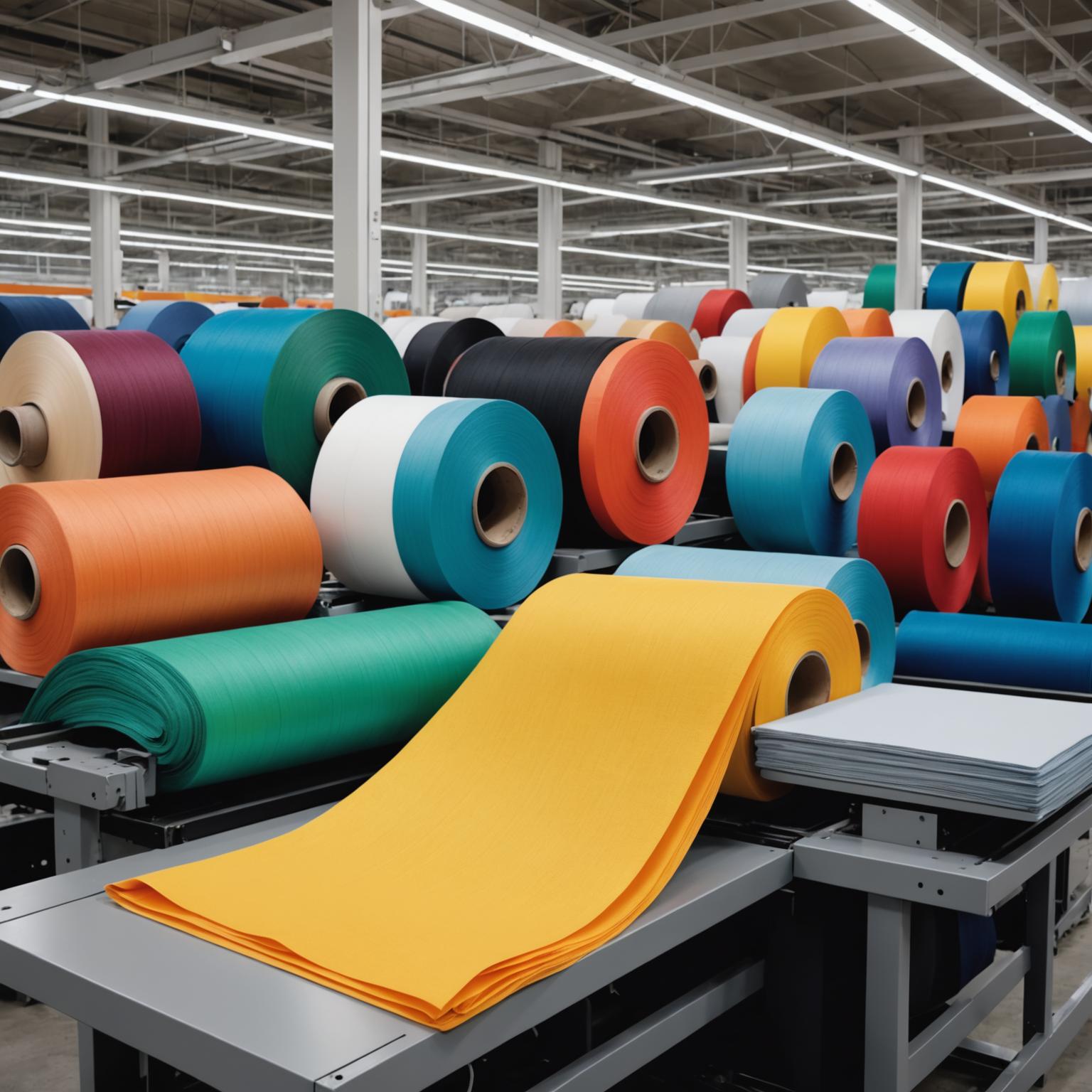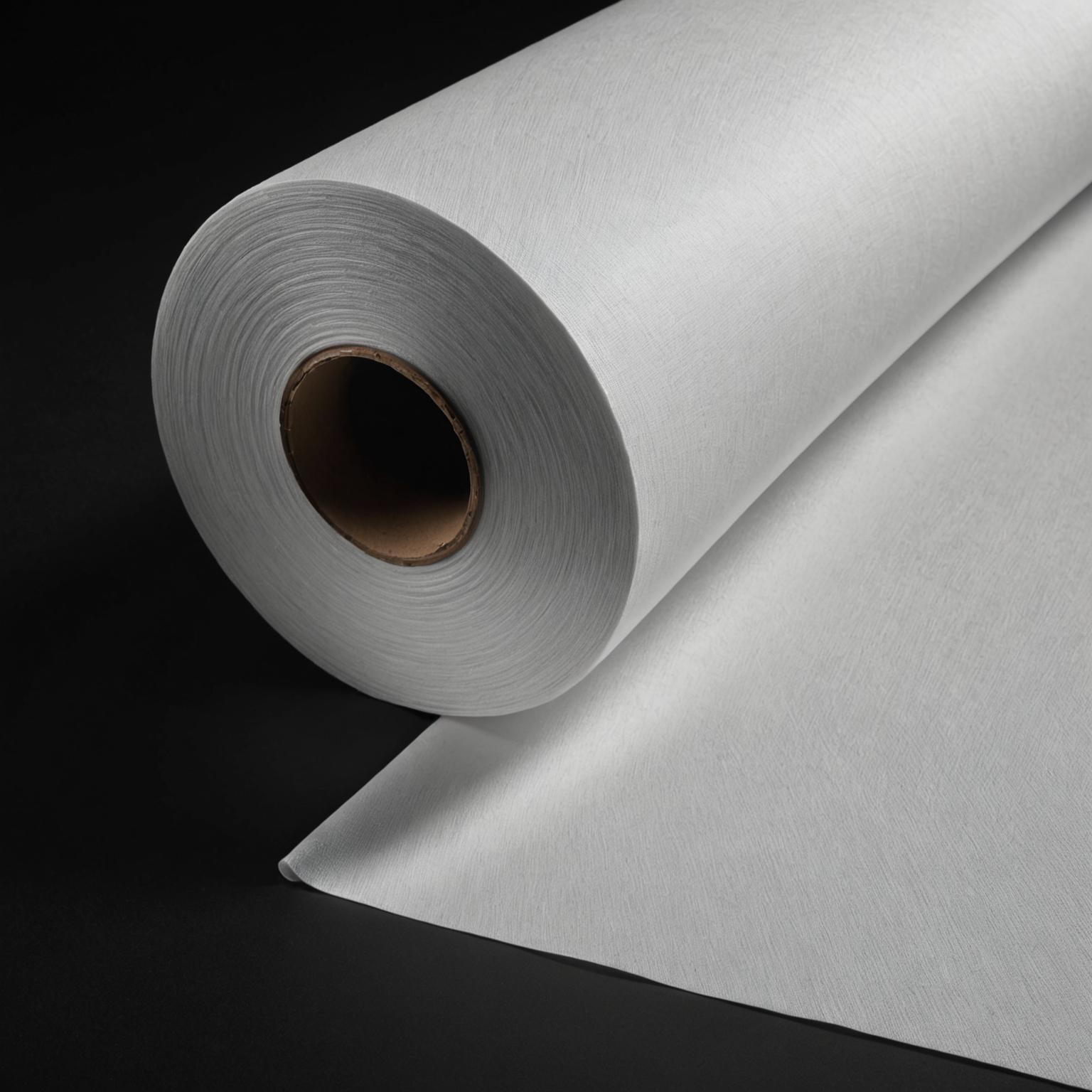
Understanding Non-Woven Fabric Manufacturing
The process of non-woven fabric manufacturing is a marvel of textile engineering. Unlike traditional fabrics that are woven or knitted, non-woven materials are created by bonding or interlocking fibers together. For a synthetic non-woven fabric made from nylon, this process typically begins with dispersing short staple fibers or long continuous filaments into a web. This web is then subjected to thermal, chemical, or mechanical treatments that fuse the fibers, creating a strong, stable sheet of material. This advanced method allows for precise control over the fabric's properties, such as its weight, thickness, and porosity, making it highly adaptable to specific needs.
The Advantages of Durable Non-Woven Materials
One of the primary reasons for nylon's popularity in this sector is its role in creating exceptionally durable non-woven materials. The fibers possess inherent strength, high tensile resistance, and excellent abrasion resistance, which are transferred directly to the finished fabric. The resulting material is not only tough and long-lasting but also lightweight and flexible. It resists tearing, fraying, and chemical degradation, making it an ideal choice for applications that demand resilience and reliability. This durability ensures a longer product lifespan, offering both economic and performance benefits to end-users who rely on this robust nylon fiber.
Exploring Diverse Nylon Fabric Applications
The unique combination of strength and versatility opens up a vast array of nylon fabric applications. In the industrial sector, nylon non-woven fabric is essential for filtration systems, geotextiles for civil engineering projects, and as insulation components. For consumer products, it is used in everything from home cleaning wipes and upholstery backing to apparel interlinings and reusable bags. Furthermore, its sterile and breathable properties make it a critical component in the medical field for surgical gowns, drapes, and advanced wound care dressings. This wide applicability demonstrates how a single material can meet the demands of many different markets.
Choosing Reliable Non-Woven Fabric Suppliers
With the growing demand for high-performance textiles, finding dependable non-woven fabric suppliers is crucial for businesses. When sourcing materials, it's important to look for suppliers who can guarantee consistent quality, material purity, and adherence to industry standards. Reputable suppliers often provide detailed technical specifications and may offer customization options to meet unique project requirements. Building a partnership with experienced non-woven fabric suppliers ensures a stable supply chain and access to innovative materials that can give your products a competitive edge in the market. They are key partners in the journey of product development and manufacturing.
In conclusion, nylon fiber remains a cornerstone of the textile industry, particularly in the realm of advanced non-woven materials. Through innovative non-woven fabric manufacturing techniques, this remarkable polymer is transformed into a synthetic non-woven fabric that offers unparalleled durability and functionality. From its critical role in various industrial and medical contexts to its presence in everyday consumer goods, the impact of nylon is undeniable. As technology continues to evolve, the potential for new and exciting applications will only expand, reinforcing its status as a premier material for modern solutions.



